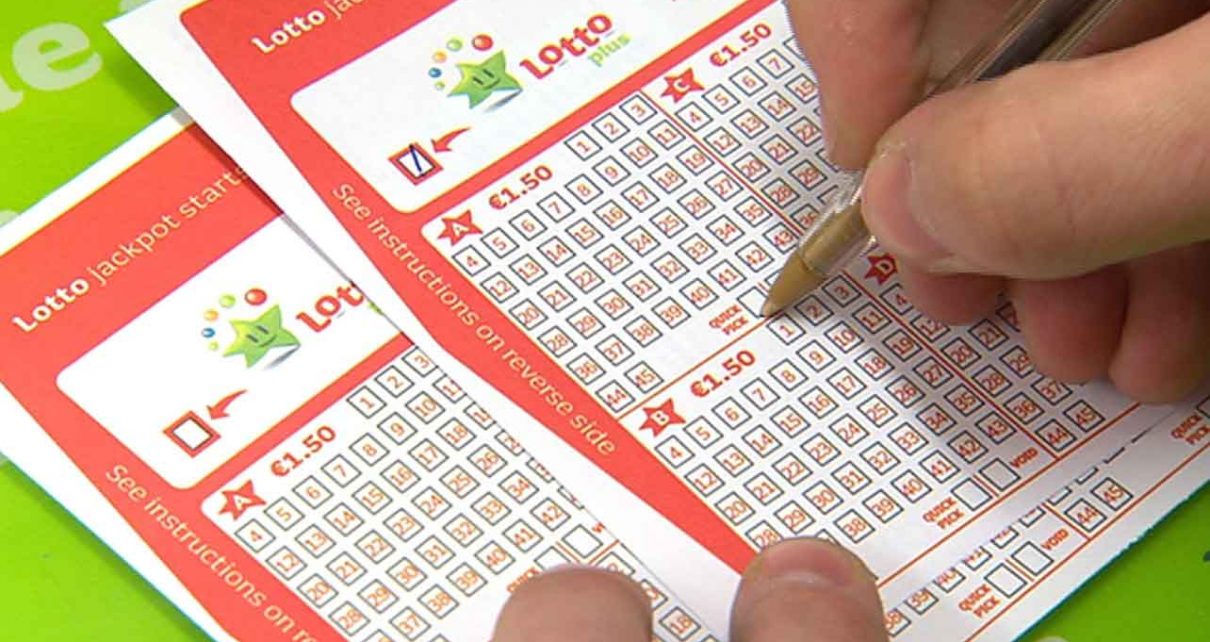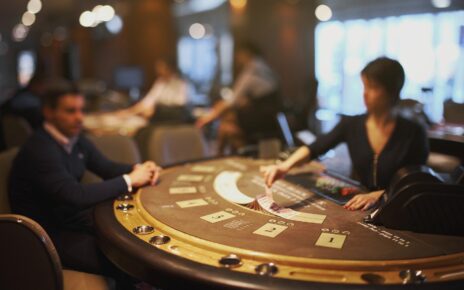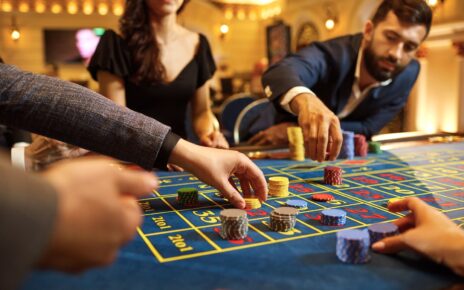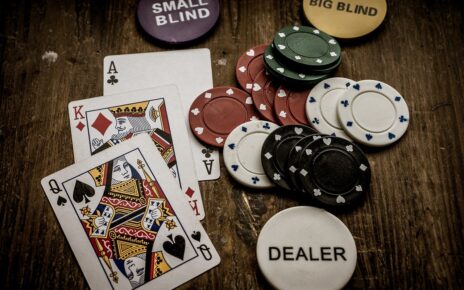Yes, there is indeed a lot of luck involved when winning a prize in EuroMillions – that, after all, is the name of the game. It’s a game of chance. However, you should know that there are certain things you can do to drastically increase your odds. It’s luck – yes – but simple mathematical tools can – and do – help a lot.
Keep your eye on the prize
If there are no winners on a certain draw, the top prize rolls over and is kept for the next draw. Hence, if you see that for a certain draw there are no top winners, make sure you buy a ticket and play the next draw – the top prize will be much bigger and, even if you end up sharing the jackpot with other players, it will have been well worth the trouble.
There’s one rule you should remember, though: top prizes can only be rolled over (or passed on) for a maximum of 11 times – on the twelfth draw, the total pot has to be distributed amongst all the winners. Take advantage of this! After 11 roll-overs, the prize is huge, and since it must be distributed among all the winning numbers, even a combination of only two winning numbers means a sizeable amount.
Keep your eye on the prize. The higher the top prize, the greater the reward, and on the 12th time, even a small winning combination can mean big gains!
Check the stats
On the EuroMillions website, you can find the statistics of the past draws – which numbers have been drawn more, frequency graphs, most chosen numbers, most common winning combinations, and so on. These statistics are important as they can give you an edge.
It seems common sense to think that if a number is drawn more frequently than others, it would be wise to bet on that number. Many think that a number that (by nothing more than coincidence) has a higher frequency in draws is more likely to be drawn again. For example, if the number 28 has been drawn 103 times while the number 44 has been drawn only 60 times, you’d think it would be wiser to bet on the number 28. However, that’s not true. It’s actually a mistake.
Study the statistics but keep the law of averages in mind. The law of averages state that if numbers have an equal chance of winning (like in the case of a lottery), the numbers will indeed be drawn equally, given enough time. Flip a coin five times, and it’s possible that you have four heads and one tail, an outcome of 80%-20%. But flip that same coin 100 times, and it’s highly likely there will be about 50% heads and 50% tails. Fluctuations happen, but can cancel each other out in the long term.
Those statistics that you see? Bet on the underdog – bet on the number that has been drawn least. The law of averages state that the drawing of that particular number is long overdue and it’s more likely that the number in question will be drawn than another.
Keeping your eye on the prize and using statistics to your advantage certainly doesn’t guarantee a win, but it does increase your chances – and people who play it smart do tend to receive better gains. Games of chance require luck, but smart people know that there’s a method – and exploit it, as premier lottery syndicate organisers like Elite Lotto UK will undoubtedly tell you.





